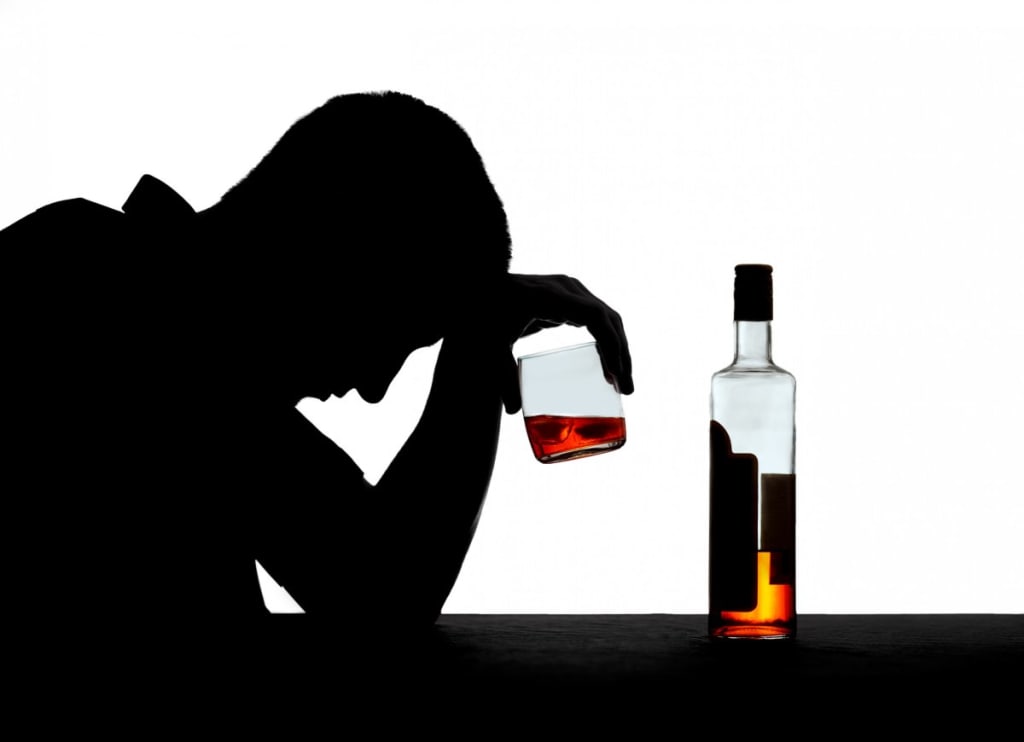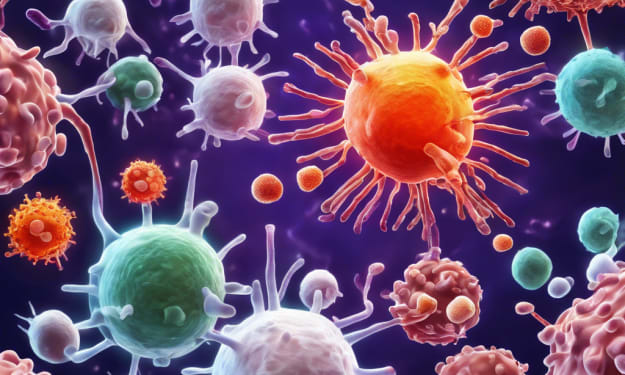What happens to your body when you drink alcohol
Detailed Explanation of What Happens to Your Body When You Drink Alcohol: Understanding the Physical and Psychological Effects

Upon taking a sip, the refreshing liquid glides over your lips and enters your body. In the subsequent minutes, a series of intricate chemical reactions will commence. Over the course of the following minutes and hours, various changes will occur within your body. You may experience swelling, loss of control over your bladder and bowels, and even the possibility of blacking out and succumbing to death. This all takes place merely one minute after consuming alcohol. As the alcohol makes its way down your throat, it enters your stomach. The subsequent events depend on factors such as your personal characteristics, your activities throughout the day, and whether or not you have eaten recently. Once the alcohol reaches your stomach, it is either absorbed into your bloodstream through the lining of your stomach or released into your intestines, where it will gradually diffuse into your circulatory system. Regardless of the path it takes, the alcohol will spread throughout your body within a matter of minutes. If you have recently eaten, this process will be slowed down as some of the alcohol is absorbed by the food being digested in your stomach. However, it is important to note that your stomach and intestines are unable to metabolize or break down alcohol, meaning it will eventually find its way into your bloodstream regardless. Three minutes after consuming alcohol, more and more of it seeps into your bloodstream and permeates the cells throughout your body. This triggers a series of reactions, although you may not yet feel their effects at this stage. However, in the minutes to come, your body will undergo some peculiar changes. Some of these changes may bring about pleasurable sensations, while others may make you regret ever consuming alcohol. The alcohol content in your drink plays a role in how rapidly it diffuses into your bloodstream. Surprisingly, beverages with an alcohol percentage between 20 and 30 percent are absorbed more quickly than those with a higher alcohol content. This means that a glass of port, which typically contains around 20% alcohol, will intoxicate you faster than a drink containing whiskey, vodka, or rum, all of which tend to have an alcohol content above 35%. While these stronger liquors will undoubtedly make you drunk, they are not absorbed into your bloodstream as swiftly as beverages with an alcohol percentage in the 20% range. 5 minutes after consuming alcohol, the effects of the alcohol on your body start to become noticeable. If you mix your alcohol with a carbonated beverage, it enters your bloodstream slightly faster compared to other drinks. Cocktails like rum and cokes, gin and tonics, or vodka sodas will be absorbed into your bloodstream more quickly than if you were to consume those liquors without a mixer. At this stage, your brain begins to experience the effects of the alcohol. Although you are not yet drunk, you are certainly on your way. Chemical changes occur in your body, which will affect your mood, senses, and balance. 10 minutes after drinking alcohol, you finish the last sips of your drink and order another one. While you wait, the alcohol from your first drink starts to impact the size of your blood vessels. They begin to widen, resulting in your skin appearing flushed and taking on a reddish color. It may seem like you are blushing or having a mild allergic reaction, but this is a normal response to alcohol consumption. As you start to feel warmer, you tug at your shirt. This warmth is due to alcohol being a vasodilator, causing blood vessels like capillaries just beneath your skin's surface to open up. The increased blood flow to the surface of your body leads to a sensation of warmth. Simultaneously, your blood pressure temporarily decreases. Despite feeling warmer initially, the changes in blood flow actually cause your internal temperature to drop as blood moves away from your body's core. The female body exhibits slight variations in its response to alcohol compared to the male body. Females generally have a lower amount of body water, which means that the alcohol they consume is less diluted in their bloodstream. Consequently, women tend to experience higher blood alcohol concentrations at a faster rate than men. Additionally, females typically produce less alcohol dehydrogenase, an essential enzyme produced by the liver to metabolize ethanol. As a result, if a man and a woman of similar weight and size consume the same alcoholic beverage simultaneously, the woman is likely to feel the effects of alcohol before the man. Approximately 15 minutes after consuming alcohol, you will start to feel a sense of well-being. The alcohol manipulates your mind by triggering the release of dopamine and serotonin, neurotransmitters that induce feelings of happiness, confidence, and a willingness to explore new things. Both dopamine and serotonin facilitate increased communication between brain cells. Serotonin promotes contentment and tranquility, while dopamine is associated with feelings of reward and motivation. Alcohol prompts your body to release these hormones in higher concentrations than usual, thereby altering your mood. Simultaneously, it suppresses certain functions of your nervous system. This is why your speech starts to become slurred, your coordination diminishes, and your vision becomes impaired. As you indulge in another beverage, the hormonal imbalance within your body intensifies. You begin to engage in actions and make choices that you wouldn't under normal circumstances. Inhibitions are cast aside as you become more daring. It is at this stage that you start to feel the effects of being buzzed or intoxicated. Your body is signaling that something is amiss, but the pleasurable sensations at the time cause you to disregard these warning signs. Your balance is disrupted, leading to a staggering gait. The surge of dopamine and serotonin enables you to break free from your shell, transforming you into a social butterfly. Approximately 20 minutes after consuming alcohol, your liver commences the process of metabolizing the alcohol coursing through your system. This is a gradual process, which explains why the effects of drinking can persist for a significant duration. On average, the liver can metabolize approximately 1 ounce of alcohol per hour. In most mixed drinks, you consume at least 2 ounces of alcohol, and it is likely that you have more than one drink during a night out. Consequently, if your blood alcohol level reaches .08, which is the legal limit, it can take approximately five and a half hours for your liver to completely eliminate it from your body.As your liver works hard to metabolize the toxins you're consuming, you engage in conversations with various individuals and form new connections. Each time you breathe, you expel some of the alcohol from your body, which is why the scent of alcohol can be detected on someone's breath after they have been drinking. By the time your body has fully processed the alcohol in your system, you will have exhaled approximately 8 percent of the total amount you consumed. The alcohol enters your breath by diffusing out of the blood and passing through your lungs, similar to how carbon dioxide is released. Breathalyzers utilize this evaporated alcohol released by your respiratory system to determine blood alcohol levels. Even if you try to mask the odor with gum or mints, the alcohol molecules are still present in your breath. While you may be able to conceal the smell from others, a breathalyzer will not be deceived. Approximately 25 minutes after consuming alcohol, you may notice a slight redness in your cheeks, experience mild cognitive impairment, and release alcohol from your lungs like a mythical fire-breathing creature. However, amidst all these occurrences, you also experience an overwhelming urge to urinate. Nevertheless, there is another unpleasant consequence that can arise. Apart from the risk of wetting yourself, the inhibition of ADH by alcohol can also result in dehydration. As you continuously release fluids through frequent urination, your body becomes incapable of retaining the necessary water for cellular and vital processes. This highlights the importance of consuming water alongside every alcoholic beverage you consume. Failing to replenish your fluids while drinking can lead to headaches, fatigue, and a severe hangover the following day. It is crucial to acknowledge that even if you mix your alcohol with another liquid, it will never suffice to keep you properly hydrated. Additionally, it is advisable to avoid sodas and sugary drinks as they only worsen the issue of dehydration. The most effective way to replenish your body's fluids is by drinking ample amounts of water. This should be done approximately 30 minutes after consuming alcohol. Now that your body has expelled some of its water reserves, certain cellular processes may become slightly more challenging to occur. H2O is a vital component in most reactions within your body. Your liver, being the sole organ capable of breaking down alcohol, is working tirelessly to eliminate the toxin circulating throughout your system. Alcohol is essentially a form of self-poisoning, although it does provide a temporary feeling of pleasure. Excessive consumption of alcohol can be fatal, just like excessive intake of sugar, salt, or water. When alcohol enters your system, your liver begins to break it down into water and acetaldehyde through oxidation. Although this molecule can cause future health issues, it is currently the only way for your body to eliminate alcohol. The more you drink, the longer this process takes, resulting in a higher blood alcohol content. Alcohol poisoning occurs when your liver cannot keep up with the amount of alcohol you are consuming. As you continue to drink, your brain undergoes detrimental effects, despite the initial pleasurable sensation. The damage to your brain cells can have life-or-death consequences. After approximately 45 minutes of consuming alcohol, the choices you make while drinking become crucial. If you consume multiple drinks rapidly, your blood alcohol levels will be significantly elevated. If you have consumed a few drinks while at the bar, your blood alcohol levels will likely be low. This does not guarantee that you won't get drunk; it simply indicates that your body has had time to metabolize some of the alcohol before taking in more. The level of alcohol in your blood determines the extent of damage to your brain. Your reflexes slow down, and your decision-making is slightly altered. Each person's body reacts differently to the quantity of alcohol in their system. When your blood alcohol content ranges from .012 to .03, you are in the Euphoria phase of intoxication. This is when dopamine levels rise, and you start feeling good. This is the stage where you feel a buzz or slight tipsiness. Your cognitive abilities and memory start to decline, and you feel more self-assured and relaxed. If you continue drinking, you will progress to the next stage of intoxication. Once your blood alcohol content surpasses .08, you are legally considered intoxicated. It is when your blood alcohol content reaches .09 to .25 that the connections in your occipital lobe, temporal lobe, and frontal lobe are significantly impacted. The reason for this is that your respiratory and circulatory systems are being compromised due to the shutdown of your nervous system. At this stage, there is a risk of death as crucial areas of the brain responsible for regulating breathing and heart rate cease to function properly. The time it takes to reach different levels of intoxication depends on various factors such as individual body composition, the type and amount of alcohol consumed, and the speed of consumption. After 60 minutes of consuming alcohol, your body has been working hard to metabolize the alcohol in your system. However, your liver still requires another hour to fully process the alcohol from the beer you consumed. It is fortunate that you did not consume a large glass of wine, as it can take up to 3 hours for the alcohol in that beverage to be completely broken down. If you have been consistently drinking for an hour and continue to do so, your blood alcohol level will inevitably rise. This will result in the effects of intoxication, and if not careful, it can cause significant harm to your body. After 3 hours of consuming alcohol, you may start to feel exhausted. Your body may experience slight discomfort, and all you may want to do is go to bed. Unfortunately, you may encounter difficulty falling asleep. The presence of alcohol in your system disrupts the process of your brain transitioning from wakefulness to REM sleep. During this stage, your body undergoes significant repairs, and the brain transforms short-term memories into long-term ones. The morning after consuming alcohol, your blood sugar levels drop, and you experience dehydration. Drinking alcohol in moderation a few times a week is unlikely to lead to any negative health effects. However, excessive daily drinking or binge drinking on weekends has been associated with various serious health issues. Excessive alcohol consumption significantly raises the risk of certain types of cancers, with liver and colon cancers being the most well-known. Additionally, alcohol consumption increases the likelihood of developing throat, larynx, and esophageal cancer. When alcohol is metabolized into acetaldehyde in the body, it poses a potential risk for cancer. Chronic heavy drinking is also linked to an elevated risk of high blood pressure, heart disease, and stroke, all of which can be life-threatening. During alcohol consumption, the heart must work harder to circulate blood throughout the body to break down and eliminate the alcohol. Alcoholic beverages often have high calorie and carbohydrate content, which can contribute to weight gain when consumed excessively. Excessive alcohol consumption can harm brain cells and pathways, potentially leading to memory issues and dementia. Alcoholism is considered a disease and addiction that can affect individuals due to genetic, psychological, social, and environmental factors. Moderate social drinking or occasional consumption of alcohol is generally not harmful, but it is crucial to understand its effects on the body and be aware of warning signs.
About the Creator
Lillian Formelová
Learning how things works is one of my favorite hobby and i decided to share my knowledge with you,so i hope you learn something new!!:3
Enjoyed the story? Support the Creator.
Subscribe for free to receive all their stories in your feed. You could also pledge your support or give them a one-off tip, letting them know you appreciate their work.





Comments (1)
Great uncommon topic!